For around 22 years, approximately 100,000 internally displaced people from the Northern Province in Sri Lanka have been languishing in camps in the north-west of the country. In the wake of post-conflict debates about reconciliation and rehabilitation, there now exists various challenges for this affected community.
World Refugee Day took place on June 20. For many it was about remembering the plight of many people worldwide, who today are without rights, a state and an identity. One may picture the plight of Palestinians or Kurds or perhaps the Rohingyas of Myanmar. However, it is often very easy to forget those whose plights do not make the headlines. Cambodia, South Sudan and so on offer us reminders that the plight of people who are without a state and rights are important and need to be at the top of the agenda, which is effectively what World Refugee Day chooses to highlight.
Sri Lanka is no stranger to the issues of refugees. After enduring almost 30 years of war, it has seen its fair share of internal displacements and humanitarian crises. Currently under international scrutiny for not only how the war ended in 2009 but its treatment of nearly 300,000 refugees mainly of Tamil origin, it is easy to forget that there are other communities within Sri Lanka (mainly from the majority Sinhala and minority Muslim community) that have also been victims of the conflict. In light of the current international scrutiny about internally displaced people (IDP) and refugees in Sri Lanka, very little has been said in particular about the Muslim refugees who for the past 22 years, have been consigned to staying in welfare camps in the north west of the country.
Muslims in Sri Lanka
For centuries, the Muslim community has been scattered across Sri Lanka. They have lived in co-existence with the other two main ethnic communities – Sinhalese and Tamil – having close socio-economic interactions with them. Despite the seeds for the minority rights crisis being planted at the time of Independence, the ethnic conflict that began to emerge at the end of the 1970s only engulfed the Muslim community a decade later.
In the north and east of the country, Muslims and Tamils coexisted, with Muslim and Tamil children attending the same school and taking different roles in cultural displays and sporting events. However, as the ethnic crisis developed into armed conflict with Tamil youth taking to arms and the Liberation of Tamil Tigers for Eelam (LTTE) being formed, it became apparent that in the early 1980s, there began to emerge a conflict of interest between Muslims and Tamils, especially in the east of the country. Muslim community leaders, tired of extortion and harassment by the LTTE, began to oppose their actions and articulate a "separate" Muslim identity and political consciousness that was different from the Tamils. The Tamil political leadership led by the LTTE considered the Muslims to be "traitors" due to many Muslims joining the government forces and setting up their own political parties. Eventually, by 1990, there was a total breakdown of communal relations in the east, while the LTTE increased its attacks on Muslim civilians with the worst being the massacre of worshipers in a mosque in the district of Batticaloa.
In the north, however, there was a different story. Muslims and Tamils had traditionally been fully integrated into local life as interdependent communities. There were Muslim traders, tailors, iron mongers, labourers and scholars. Several of them had even taken to farming in predominantly Tamil areas. The Muslims in Jaffna had lived next to each other, and therefore, had densely occupied a small part of the town. As part of the arena of culture and scholarship, Muslims formed an important component of the historical University of Jaffna.
The Liberation of Tamil Tigers for Eelam
All was to change on the October 23, 1990, when at about 8am, a voice sounding through the loudspeaker, mounted on a moving vehicle, declared that: "Muslims are given 24 hours to exit from the 'Tamil land' and they should leave all their possessions behind." Armed LTTE cadres had gone to every village and delivered letters to their district leaders, forcing the chief trustees of all mosques to read out the letters over loud speakers. The letters ordered all Muslims to vacate their respective villages within 48 hours and hand over all their belongings – such as vehicles, radios, sewing machines and water pumps – to LTTE cadres. They said the orders were from the LTTE high ranks and anyone trying to disobey would have to face the danger of losing their life.
Twenty-four hours passed and armed juveniles came round to push the Muslim residents out of their homes; men, women and children were herded through a narrow passage, and at the point of exit from the village they were body searched for valuables. Metallic cutters were used to remove jewellery that could not be easily removed, and each family was only allowed to take about 200 rupees ($5 at the time). In some cases, even a change of clothes was not allowed to be taken out. All possessions were deemed by the LTTE to belong to Tamil Eelam.
By October 26, it had become apparent that Muslims from Mullaitivu and Kilinochchi (other parts of the Northern Province deemed as land for the Tamils) had suffered the same fate. Approximately 75,000 men, women and children were expelled, though the final figures have been disputed. Without knowing where they were going, these desperate people moved south in whatever mode of transport they could find. Most of them trekked miles and miles (those from Mannar braved the sea) for days, and those who could not stand the strain perished on the way. The rest managed to reach Puttalam, the largest Muslim settlement outside the Northern province.
This incident has been largely forgotten in the annals of the Sri Lankan conflict. Successive governments have failed to provide adequate reprieve and support for the displaced who find themselves in a political wilderness without much of a voice, despite having representation in the government. Problems with education, proper shelter and sanitation plague the camps and therefore, the displaced people are dependent on menial jobs or handouts from philanthropists or the government and humanitarian organisations. Unemployment is a key problem for the majority of them who rely largely on seasonal demand for labour, such as work in the salterns and various other odd-jobs. They live in Cadjan huts, very often with two to three families crouched into one little hut.
Ethnic Cleansing
The order of expulsion shocked the country with the forceful eviction creating a new dimension in the ethnic crisis distancing the three communities in their coexistence and wellbeing. What the Muslims from the north had experienced was a deliberate act of ethnic cleansing carried out by the LTTE. However, what was more disturbing was the relative inertia of the Sri Lankan government and its armed forces to react and protect civilians from such an act of ethnic cleansing. The Sri Lankan community and the Diaspora as a whole were also silent on the issue and continue to forget about the plight of these refugees. Questions also have to be asked of the international community and humanitarian agencies who were silent when Muslims were being forced out of their homes on ethnic grounds, and who continue to be silent whilst condemning the Sri Lankan state for human rights violations against the Tamils. The same can also be said of the vociferous Tamil Diaspora who protested the end of the war and continue to demonstrate about the plight of Tamil refugees, yet remain quiet about this incident enacted in their name.
Puttalam still houses approximately 100,000 displaced persons across 141 welfare centres, from the five districts of the nothern province. What were then considered to be temporary settlements have now become permanent abodes for these unfortunate victims of the LTTE's horrific programme of ethnic cleansing. Over recent years, Puttalam has also played host to some Tamil and Sinhala IDPs who have been driven away from their homes in Batticaloa and Trincomalee. The town is beginning to buckle under the pressure of hosting a large IDP population.
As some studies have pointed out, hosting a large IDP population has placed a great deal of pressure on local services as they were not proportionally developed to meet the needs of the populace. Moreover, it has had a negative impact on the relations between IDPs and the host community who originally welcomed the displaced people.
Recent incidents in Puttalam have exposed these cracks, especially as some of the IDP communities have received political representation. There is now a new fear that tensions between the area's original Muslim inhabitants, who have grown tired of the newcomers taking their jobs and increasingly buying their land, could lead to further crises.
After the ceasefire agreement was signed in February 2002, following what amounted to a public apology by the political leader of the LTTE and an agreement signed between the LTTE and the main Muslim political party, a number of these displaced families did return to their homes in the north only to find their houses occupied by displaced Tamils, rebels or simply destroyed. These people though once again returned to Puttalum when the security deteriorated.
Resettlement and Rehabilitation
Twenty-two years after the evictions, the displaced Muslim community still speak affectionately of their old Tamil neighbours, and given the chance, would return back to their home towns. There are some though, who are adamant that they will not go back because they have stopped trusting the Tamils. It is these who need greater support for healing to begin.
In any return for the displaced, there are of course a couple of issues that would need to be considered as essential for a return.
The people would need to be reassured that there is safety and security, as well as a recovery of the lost properties. However, since the LTTE settled Tamils in these properties, any return could be problematic. Many people returning would face shortages in basic needs such as water supply, adequate sanitation, basic health services, educational facilities, dried ration, compensation and opportunities to recreate employment for unemployed people. A welcome project supported by some moderate Tamil diaspora members in London has involved refurnishing the main school in Jaffna in an attempt to encourage resettlement.
As a result of the expulsion in 1990, all documentary evidences in the government records have been destroyed such as ownerships of the properties. In any resettlement, positive and immediate arrangements need to be conducted to hand over the possessions of properties whilst returning land and compensating for this. Any planned resettlement of outsiders, in lands owned by these northern Muslims, would need to be stopped forthwith. The government should also consider that state lands adjacent to the area owned by evicted Muslims, should be given to them in keeping with the increasing demand due to an increase in population.
All relief, compensation, rehabilitation, reconstruction and resettlement activities should be done by a task force which includes district representatives of northern Muslims as well as representatives from the Tamil communities. Many of the schools have been damaged and destroyed due to the war. Special concessions would need to be given to northern Muslims in education, government employment and livelihood programs, but also extended to other communities that have faced similar challenges.
Resettlement and rehabilitation of these Puttalam refugees are still major issues that need to be resolved. It is no doubt that the internally displaced people would like to resettle in their original places, and therefore, mechanisms for their right to return should be a major question answered by the government. The government, has so far, failed to address these aspirations sufficiently. Likewise the communities (and the Diaspora that represent these communities) should also be working together to identify solutions at all levels of the spectrum.
There is, however, now a new generation among the refugees who have no affiliation with the parental roots to their villages in the Northern Province. They would prefer to continue living where they are now which indeed, makes it challenging for the future.
The views expressed in this article are the author's own and do not necessarily reflect Fair Observer's editorial policy.
Support Fair Observer
We rely on your support for our independence, diversity and quality.
For more than 10 years, Fair Observer has been free, fair and independent. No billionaire owns us, no advertisers control us. We are a reader-supported nonprofit. Unlike many other publications, we keep our content free for readers regardless of where they live or whether they can afford to pay. We have no paywalls and no ads.
In the post-truth era of fake news, echo chambers and filter bubbles, we publish a plurality of perspectives from around the world. Anyone can publish with us, but everyone goes through a rigorous editorial process. So, you get fact-checked, well-reasoned content instead of noise.
We publish 2,500+ voices from 90+ countries. We also conduct education and training programs
on subjects ranging from digital media and journalism to writing and critical thinking. This
doesn’t come cheap. Servers, editors, trainers and web developers cost
money.
Please consider supporting us on a regular basis as a recurring donor or a
sustaining member.
Will you support FO’s journalism?
We rely on your support for our independence, diversity and quality.


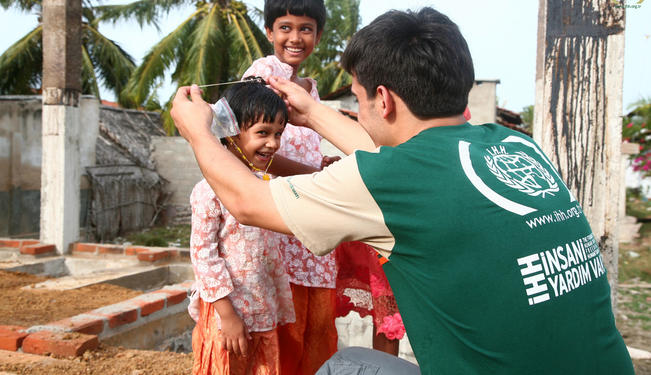

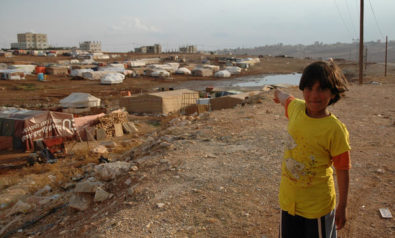
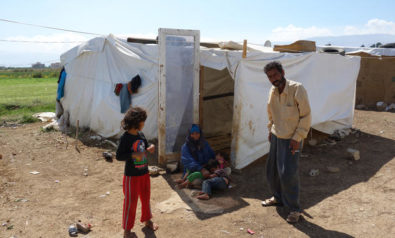
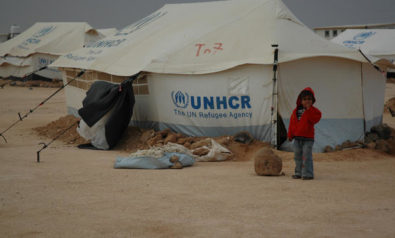

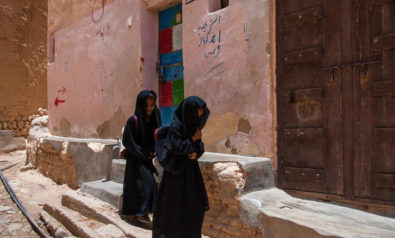

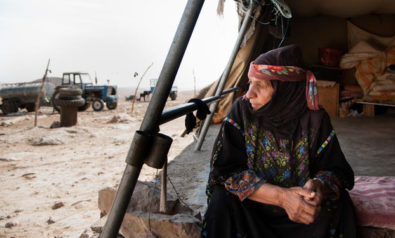

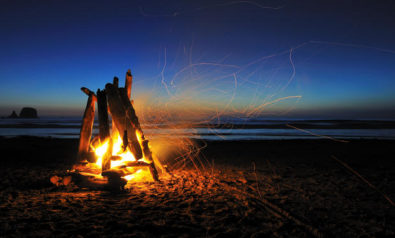


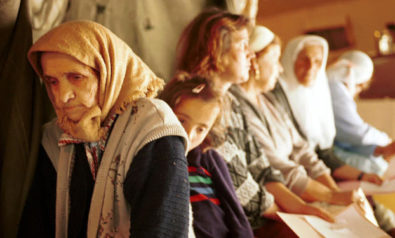
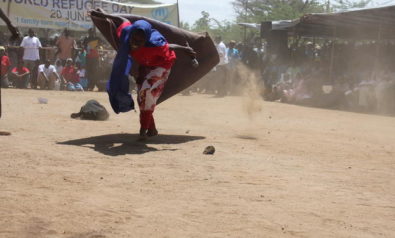
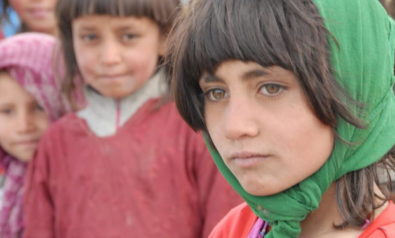

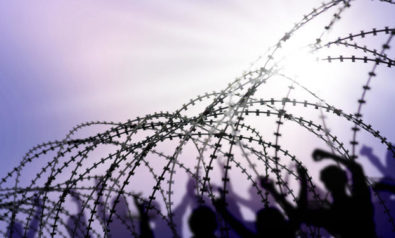
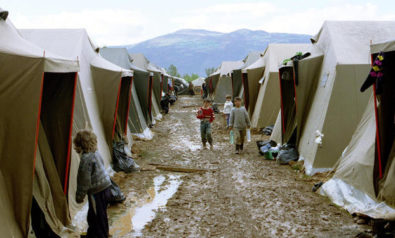
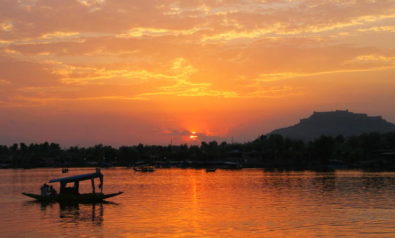
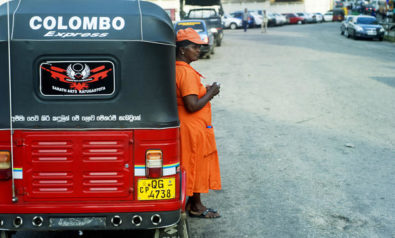



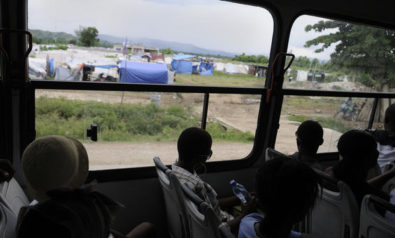
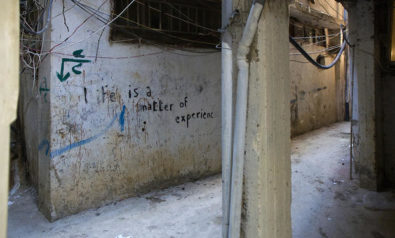
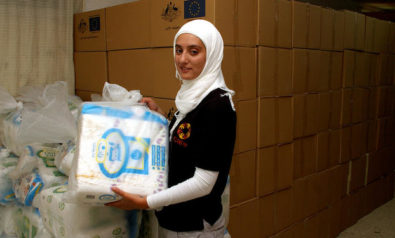
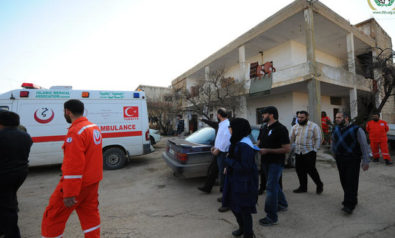
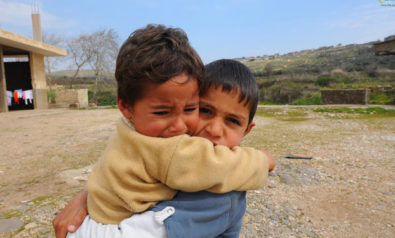
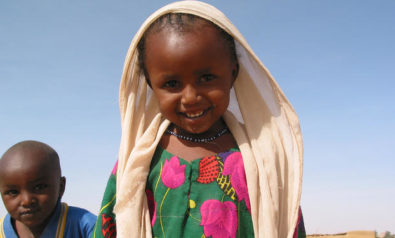

Comment